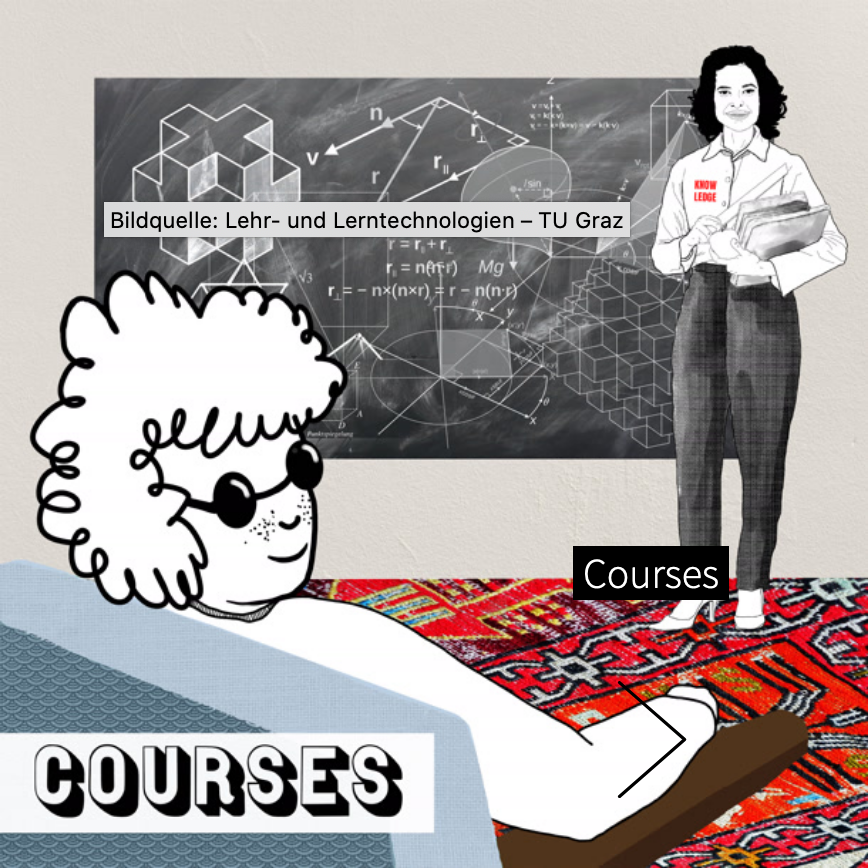Due to the current Covid-19 situation, the International Welcome Days will take place online this year in the form of information videos. The videos provide international degree seeking students of all levels (Bachelor, Master, PhD) with an English speaking introduction into everyday life as a TU Graz student.
www.tugraz.at
Find here the website of Graz University of Technology as well as the video series of all relevant videos.


